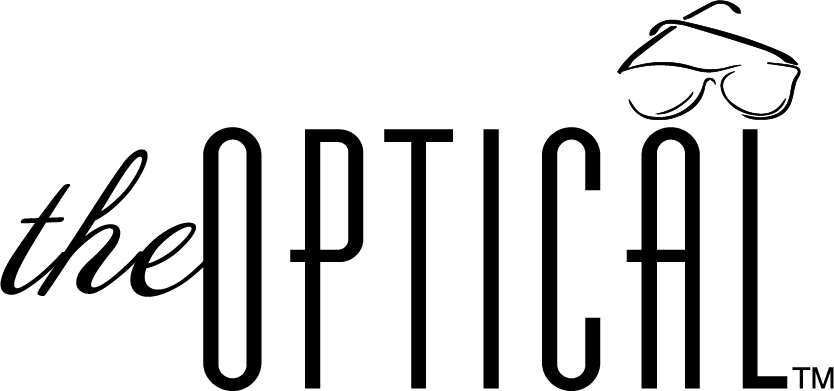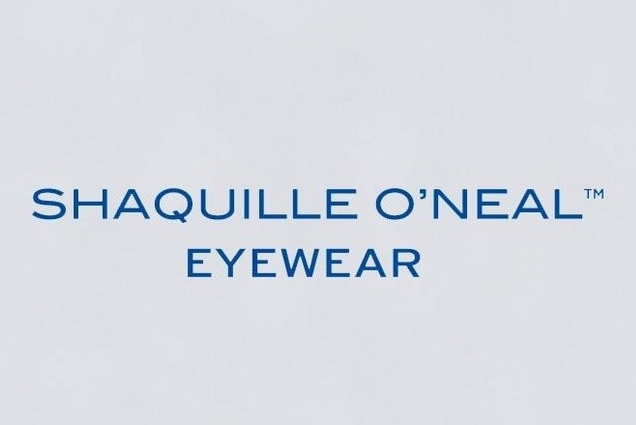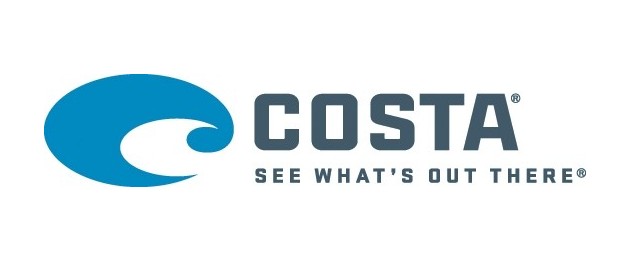The Optical


The Optical at Florida Vision
Why Choose Us
We know you have a lot of choices when it comes to your eye care. So here are a few reasons why we represent your best choice.
Board-certified optometrists and opticians are on site. So it doesn’t matter if you need a simple eyeglass adjustment, routine eye examination, or contact consultation; we’ve got experienced professionals who can help. True one-stop shopping for all your needs!
The best care doesn’t have to cost you the most. Because we accept assignments on Medicare and most other eyecare and medical insurance plans, you may spend less out of pocket than at those “discount” providers. We guarantee the best price on the exact same pair of complete eyeglasses. If you find a better price within 30 days, bring in a written quote, and we’ll refund the difference or give you a complete refund!
Insurance Acceptance: At Florida Vision Institute, we accept most Insurances, including VSP, Davis Vision, Eyemed Vision Care, and Superior Vision.
Florida Vision Institute is the newest, most modern eyecare facility on the Treasure Coast. We invite you to stop in and tour our facilities located in the Monterey Medical Center & the HealthPark One Building in Tradition. We think you’ll agree our office is the most professional and attractive of its kind in the area.

Pre-Visit Prep
Get Ready For Your Visit

Sunglass Color Selector
Choose The Sunglasses That Match Your Style
Sunglasses
Many people are cheered by a bright, sunny day, but the effect of all that sunlight on the eyes is a less sunny proposition. UV radiation and glare can create a variety of issues, from dangerous “snowblindness” to irreversible disorders that threaten your eyesight. Here are some frequently asked questions about the role of sunglasses in protecting the eyes from harm.
What are UV rays?
UV stands for ultraviolet, a band of spectrum invisible to the eye. Ultraviolet light consists of UVA, UVB, and UVC rays. UVC rays are stopped in Earth’s atmosphere before they reach the eye, but UVA and UVB can both reach the eye and potentially damage it.
How does UV radiation affect unprotected eyes?
UV rays can cause proteins inside the lens to become opaque or cloudy, a condition known as cataracts. Cataracts can interfere with night vision, reduce your ability to see colors, and make reading difficult; they cannot be reversed, only removed. UV exposure can also cause retinal damage, changes in the eye tissues and a temporary but irritating “sunburn” of the cornea called photokeratitis.
How do I know my glasses will protect my eyes?
Choose glasses that claim to block at least 99 percent of UV rays — UVA as well as UVB. Look for the label reading “UV 400,” since this designation means that the glasses block UV rays as small as 400 nanometers, providing 100 percent eye protection. O
What types of glasses can I choose from?
We are able to provide you with a wide range of sunglass options. If you usually wear glasses to correct your eyesight, you may be happy with a non-prescription pair of clip-on or wraparound glasses that simply fit over your lenses. If you’d rather not wear that much equipment on your head all at once, you can order a pair of prescription “shades,” or you can order glasses that darken when exposed to bright light.
Lens Options
HIGH INDEX LENSES
For stronger prescriptions that are thicker and heavier or for impact-resistant features, high-index lenses are the answer. High-index lenses are an ultra-thin and lightweight alternative to our standard index lenses and help to reduce the weight of the eyeglasses while also preventing the “magnifying effect” typically caused by thicker lenses. These lenses are shatter-resistant with UVA/UVB protective coatings built in. We recommend high–index lenses for all prescriptions of +/-3.50 sphere and stronger, as well as for prescriptions with a significant correction for astigmatism.
ANTI-REFLECTION
Anti-reflective coating (also called “AR coating” or “anti-glare coating”) improves vision, reduces eye strain, and makes your eyeglasses look more attractive. These benefits are due to the ability of AR coating to virtually eliminate reflections from the front and back surfaces of your eyeglass lenses. With reflections gone, more light passes through your lenses to optimize visual acuity with fewer distractions (especially at night), and the lenses look nearly invisible, which enhances your appearance by drawing more attention to your eyes.
PHOTOFUSION LENSES
Lenses that are clear indoors and automatically adjust their level of darkness outdoors depending on the amount of light are called Photofusion or adaptive lenses. These lenses can be appealing to people who move indoors and outdoors several times a day. Standard Photofusion lenses that adapt to light – fully clear indoors and dark outdoors. Fast fade-back speed. Provides 100% UVA/UVB protection. Suitable for any age, including children.
POLARIZED LENSES
As opposed to standard UVA/UVB protective sunglasses, which simply reduce the intensity of incoming light, polarized lenses comprise stacked layers of material that deflect the sun’s rays. These layers inside the lenses effectively eliminate the glare reflected from horizontal surfaces, such as the surfaces of water or roads. This significantly improves comfort and clarity of vision, whether you are driving, fishing, skiing, or at the beach, but also provides additional comfort to people with increased light sensitivity.
PROGRESSIVE LENSES
Progressive lenses, or no-line bifocals, contain three prescription strengths that are blended at each transition point so that the eyes can easily change between them. This differs from traditional bifocals or trifocals, which have two or three strengths, respectively, that abruptly change in each lens.
Progressive lenses are helpful for near-sighted people who go on to discover that they not only need continued help seeing things that are far away but that they now need help seeing things that are close-up as well.
OFFICE LENSES
Computer progressive lenses are also known as “office lenses” or “near variable focus lenses.” They are meant for use at short ranges and are designed to provide clear vision at around 16 inches to 6 feet.
If you’re at a computer for more than four hours per day, these lenses are ideal. They help reduce visual fatigue or computer vision syndrome.
Computer progressive lenses are great for people working at near and intermediate distances. These lenses also allow for better posture, making it easier to hold your head in a more natural position.
Insurances accepted for materials include NVA, VBA, Solstice, VSP, and EyeMed.
Our Brands




















We guarantee our new non-discontinued frames against manufacturer’s defects or breakage under normal wearing conditions for 1 year.
For more information on choosing the right sunglasses, contact our office today.
*Some restrictions apply



